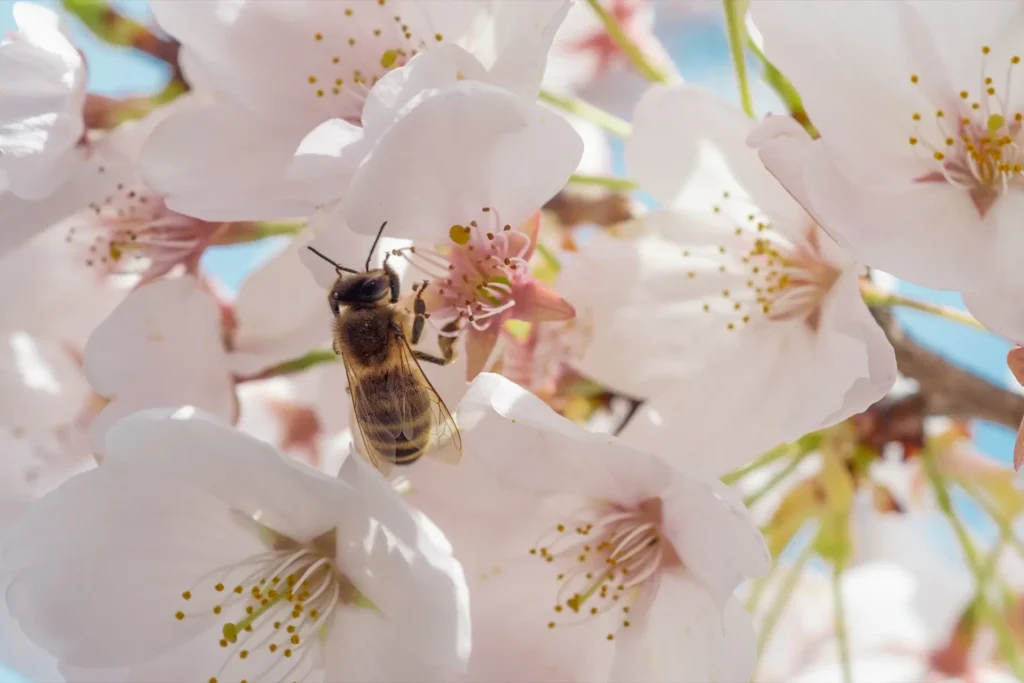Give an original and responsible gift to employees
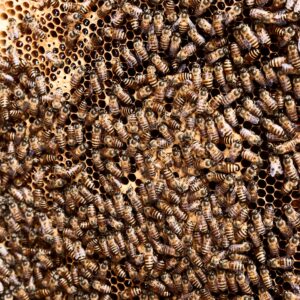
The swarm as super-organism is a sweet and effective metaphor for teamwork as the sole driver for great actions and achievements
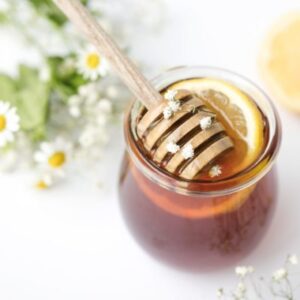
Employee will receive sustainable 0-mile honey, a gesture to promote responsible consumption
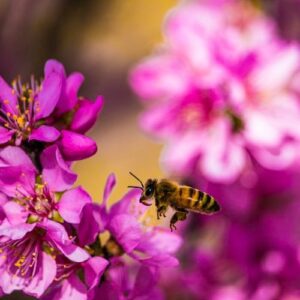
The employee will also receive bee-friendly flower seeds to plant on their terrace or, why not, in the company garden as a team building activity.
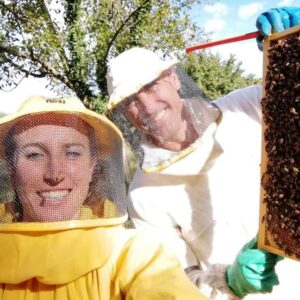
It will be possible to visit the apiary and organize original team building, with training sessions on bees.
